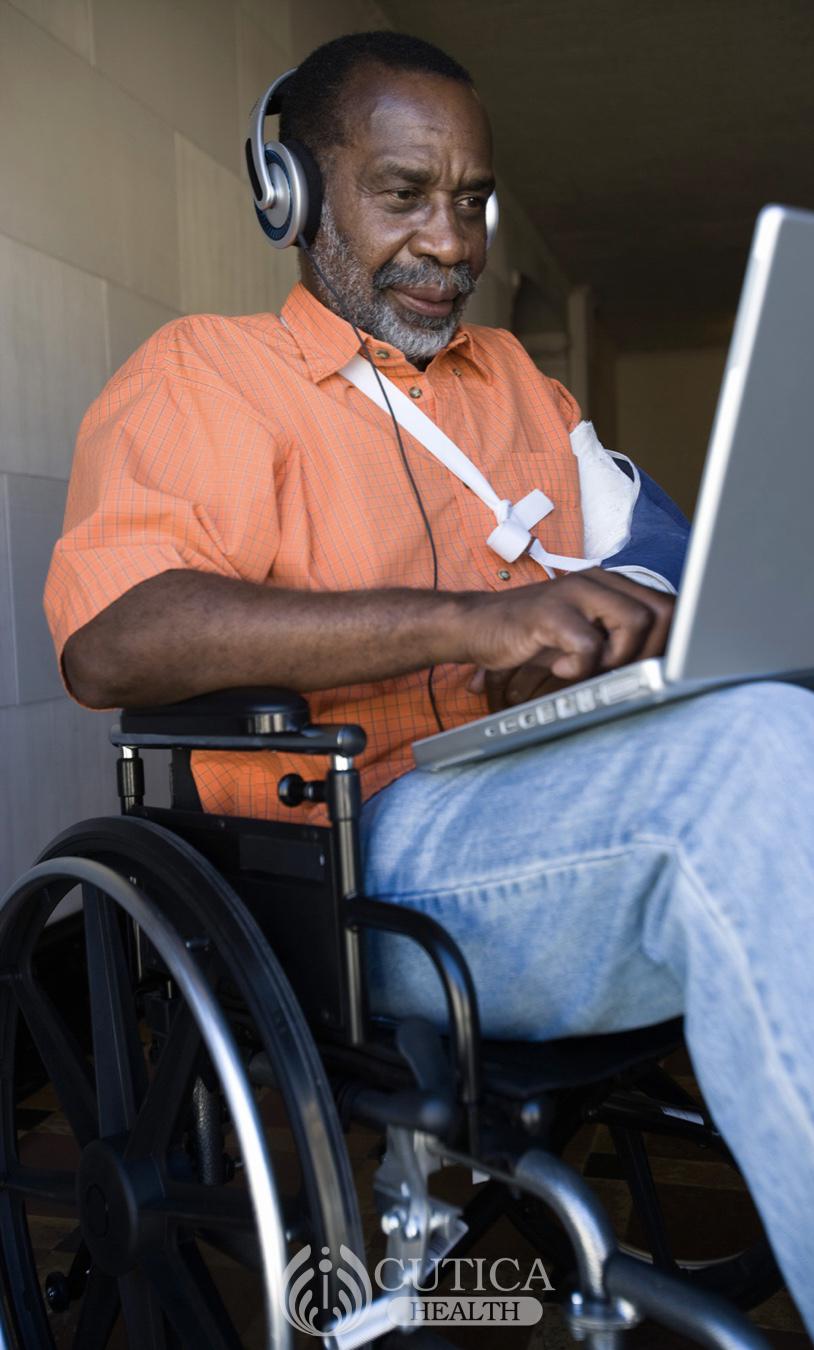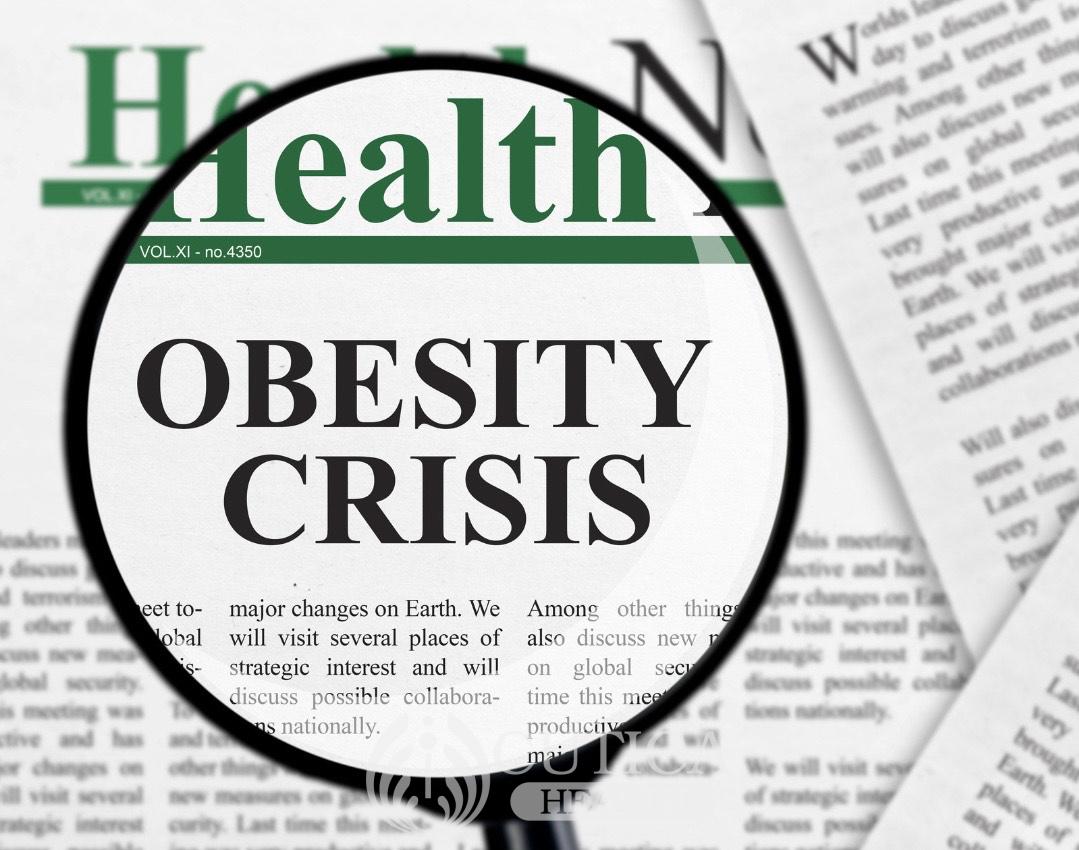
“Kanye lost his vision in an accident six years ago. The first years were dark and sad, he felt worthless and purposeless. One day, his friend asked him to join a support group and that was the turning point in Kanye’s life. He learned to see past his disability, made friends, and has written 2 books about living with a disability.”
Daily life can be difficult if you have a disability, even more so if you have had to transition from having total function to being disabled. Becoming depressed and obsessing over what who you used to be can rob you of time and the willingness to go on. Never forget that you are still in charge of your life, while you can’t change what happened, you can look for ways to cope with your disability, improve your independence, and overcome the challenges that disability brings.

Live excellently with your disability, start by:
Redefining your meaning and purpose
Our self image is a core aspect of your identity. A disability can alter the way you see yourself, the value you assign to yourself and cause you to question your place in society. Especially when you cant work or live the way you used to. Losing your motivation, feeling worthless, and hopeless are just some ways you might respond to this change in identity. Reaffirm your identity by finding ways to renew the things that give you purpose and meaning.
Look for new causes you can champion, volunteer, find ways to help your family, pick up new hobbies (such as knitting, cooking, painting, writing), or get a pet. Staying engaged is a good way to preserve your mental health and helping others will help distract you from your disability. Also, look for new ways to do the things you used to do before. Football, basketball, running, dating, nothing is off-limits.
Taking care of your health
Maintaining your health is a sure-fire way to live a happy life with a disability. Watch your diet: eat enough fruits and vegetables, avoid alcohol and psychoactive drugs, don’t binge on junk food and try to eat a balanced diet. Get enough sleep and get back into the groove of exercising.
Regular exercise stimulates the production of endorphins (mood hormones), relieves stress, helps in sleep regulation, and aids in keeping depression and anxiety. Find simple and creative ways to exercise, you can speak to your doctor about which ones are best for you. Start with short, simple exercises and increase your physical activity as you get stronger.
Avoiding comparisons
As you already know, comparison is a trap, avoid falling into it. Avoid comparing yourself to your past self or to other people. Don’t compare your efforts to that of similarly disabled people. Comparisons will only discourage you, focus on yourself and how far you have come.

Joining a support group
Finding people who are dealing with the same challenges as you is a great way to learn more about your disability while basking in the knowledge that you are not alone. A support group will help you overcome loneliness and make new friends. You will get encouragement, support, and coping tips from people who truly understand.

CONCLUSION
The first step to living a full life with a disability is accepting it, letting your feelings run their course and looking for ways to be happy in spite of it. Learn as much as you can about your disability, the possible complications, and the support available. Remember that you are not alone or unique, millions of people have walked this path and not just survived, they flourished.












